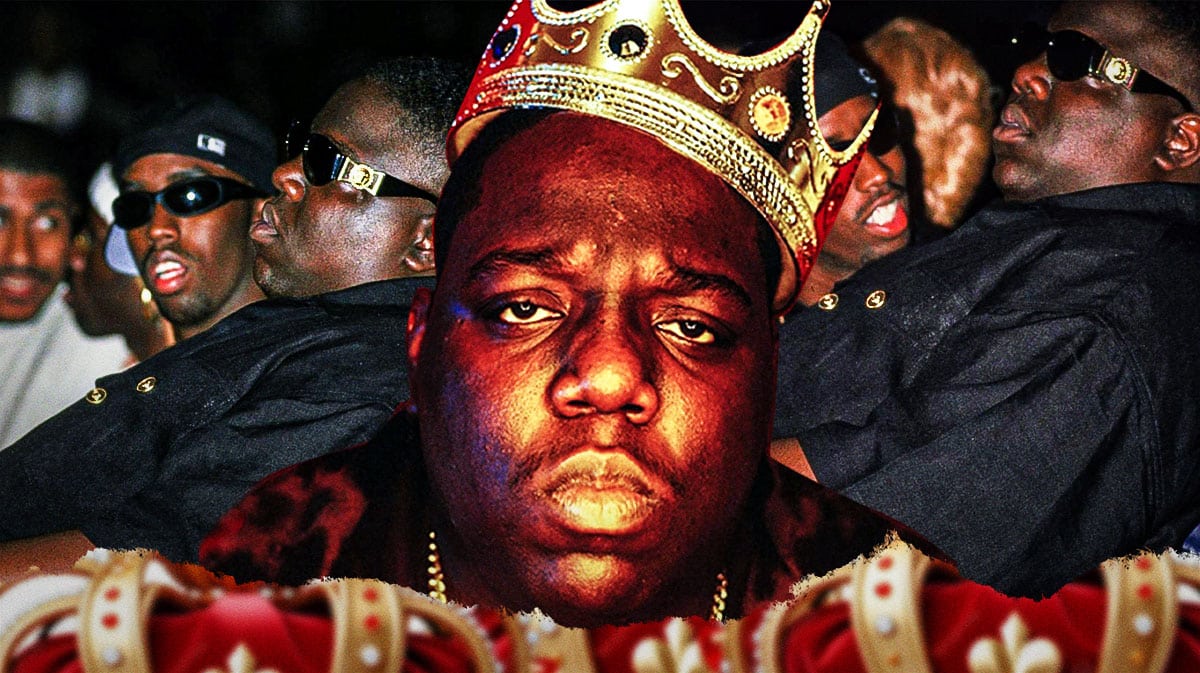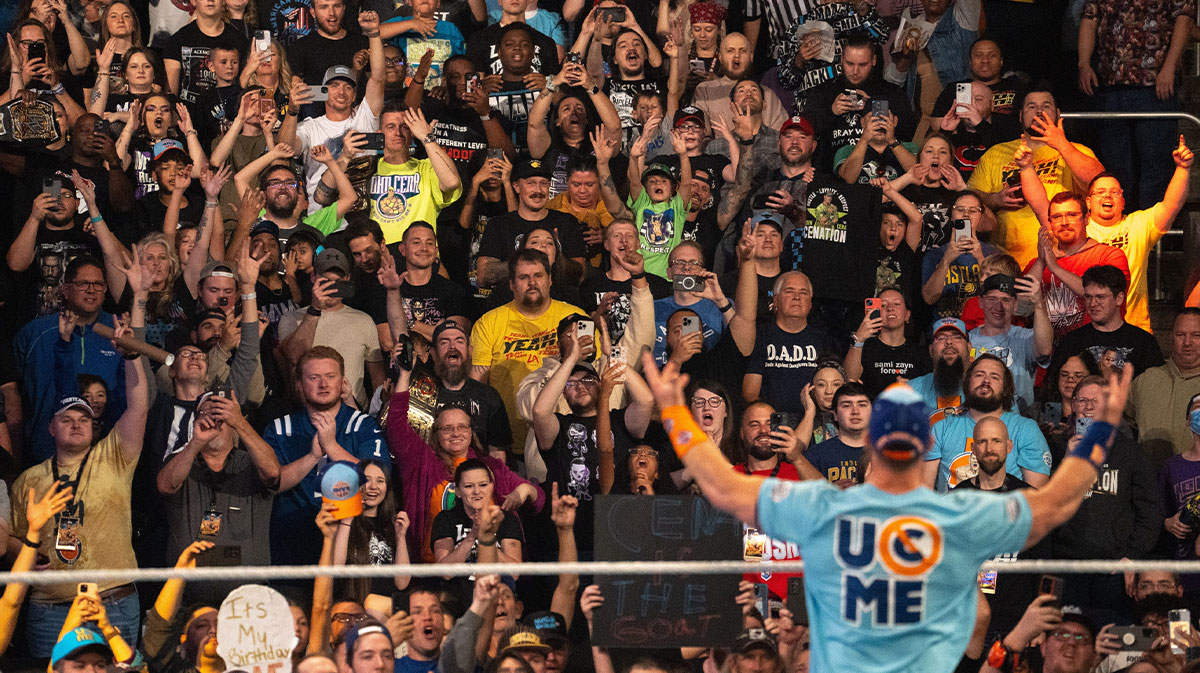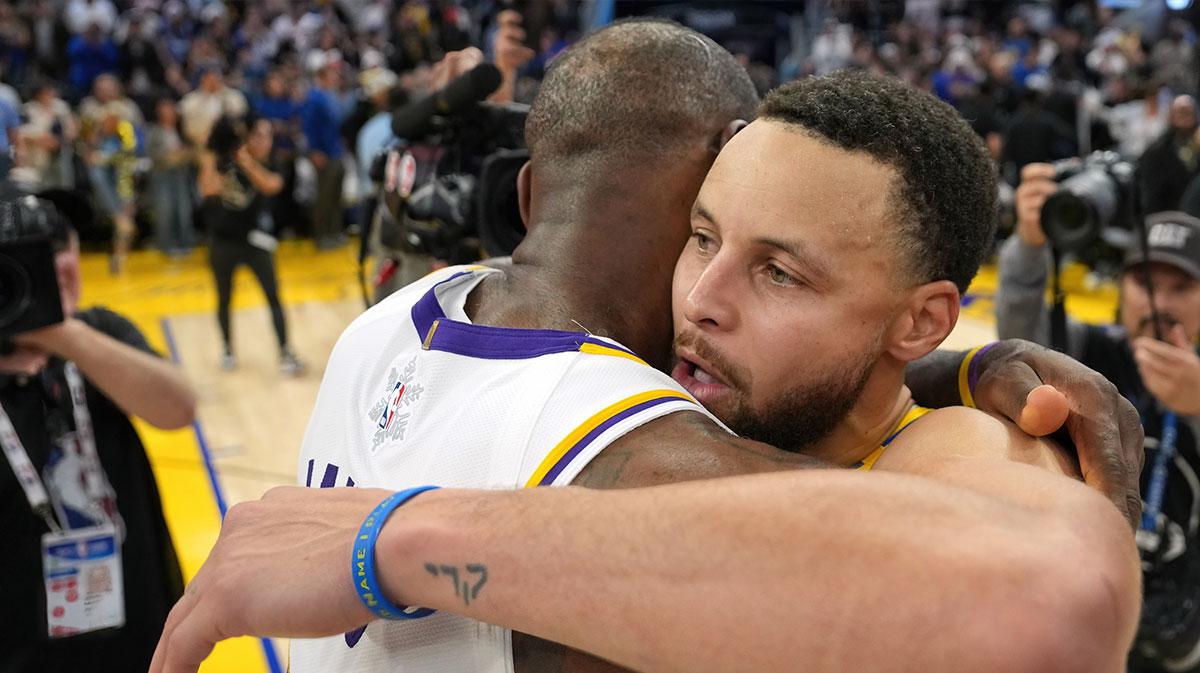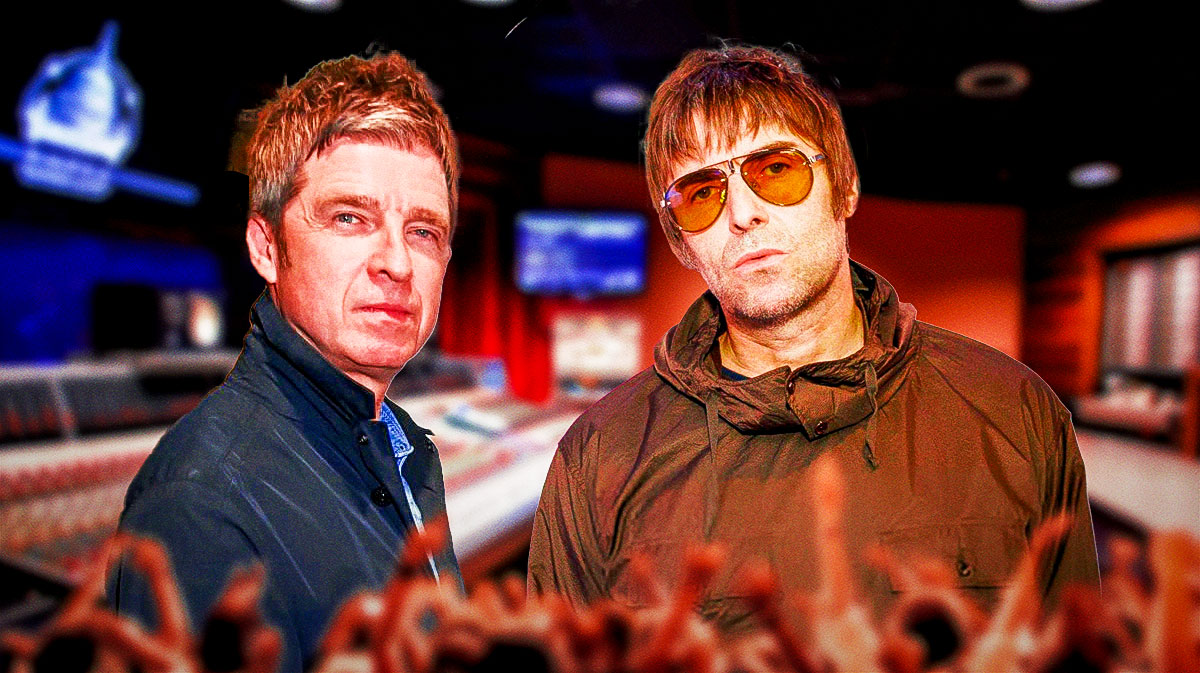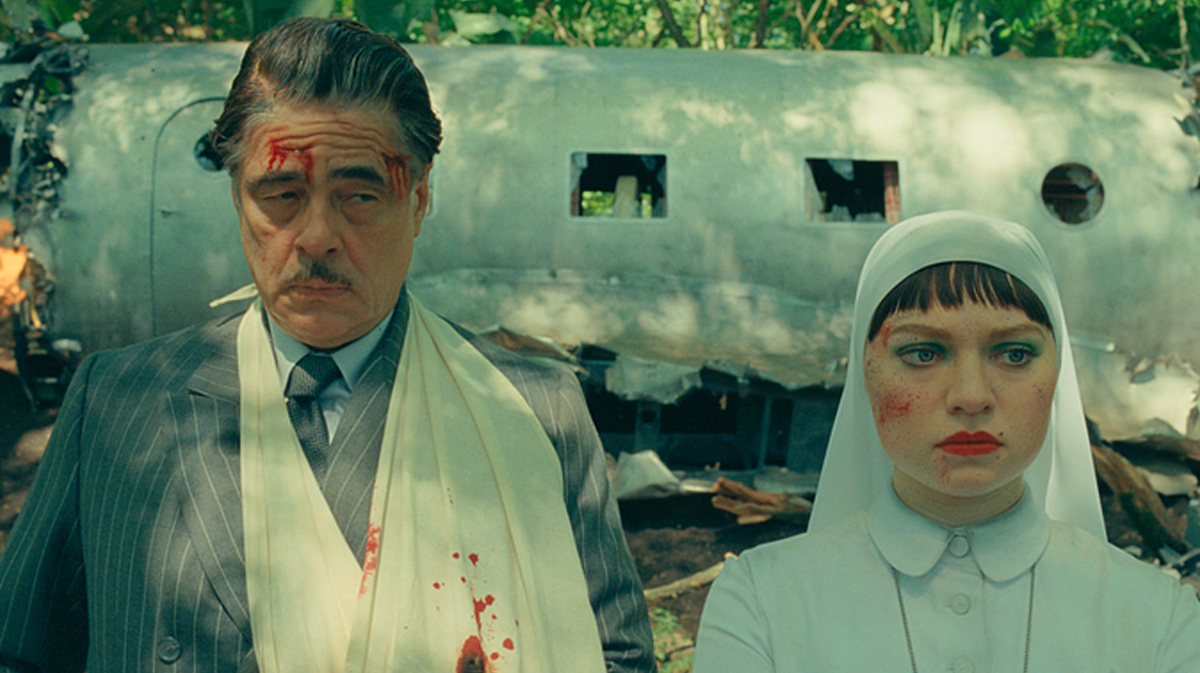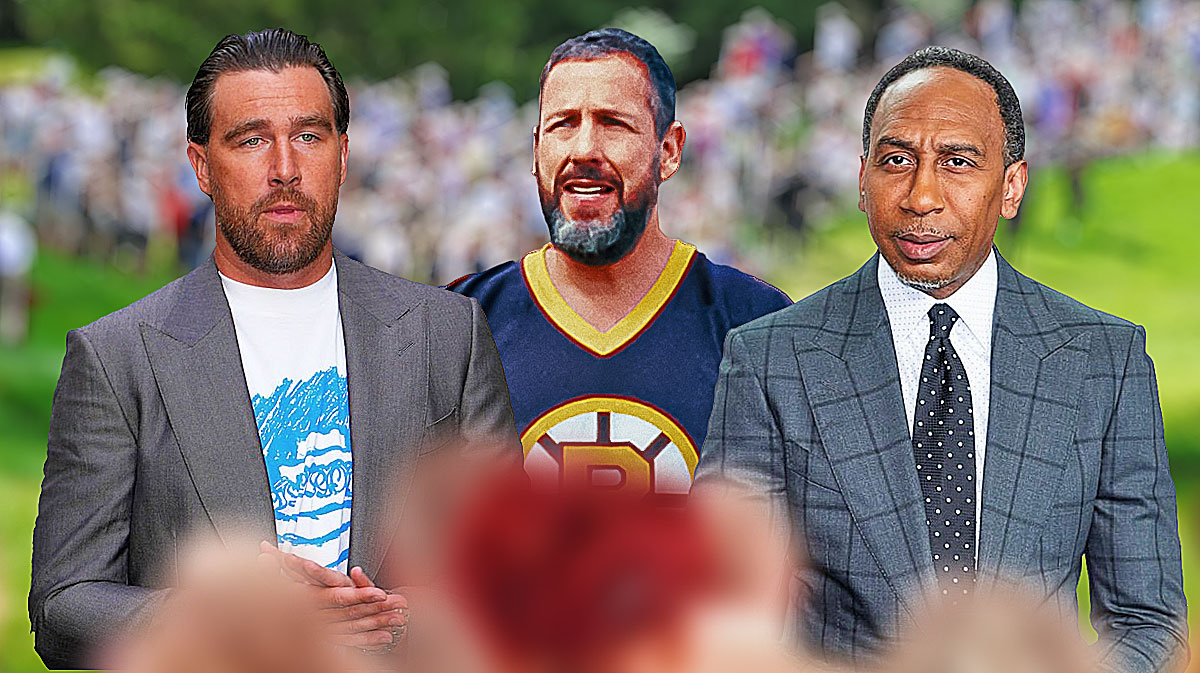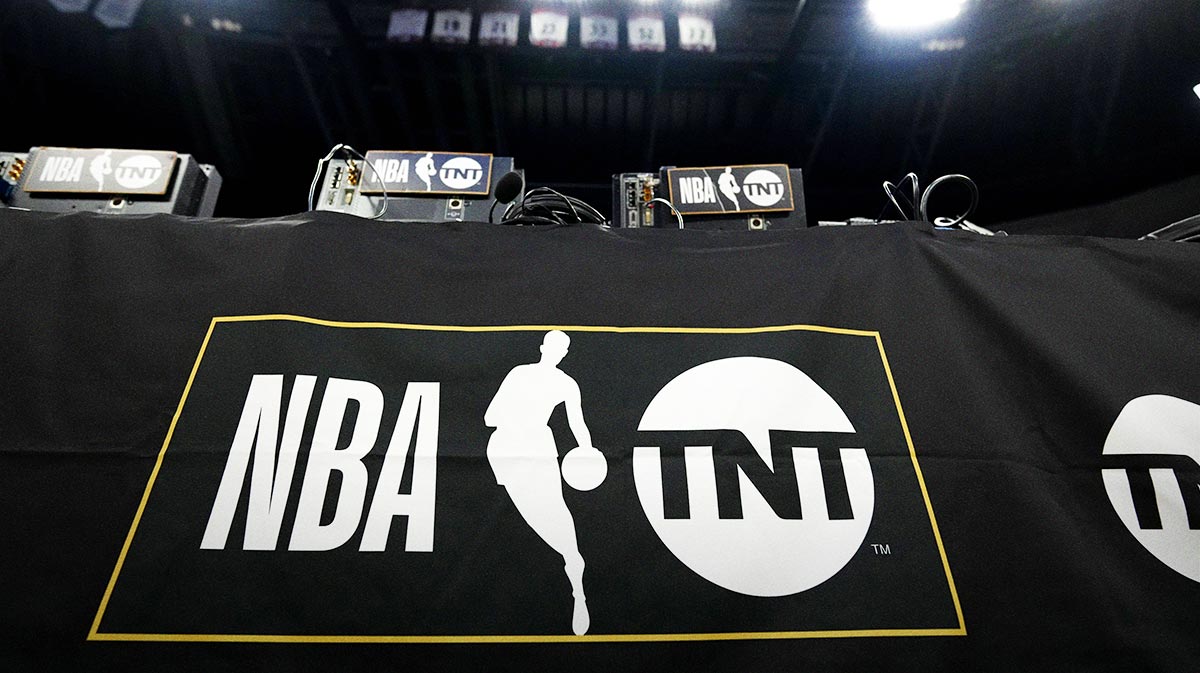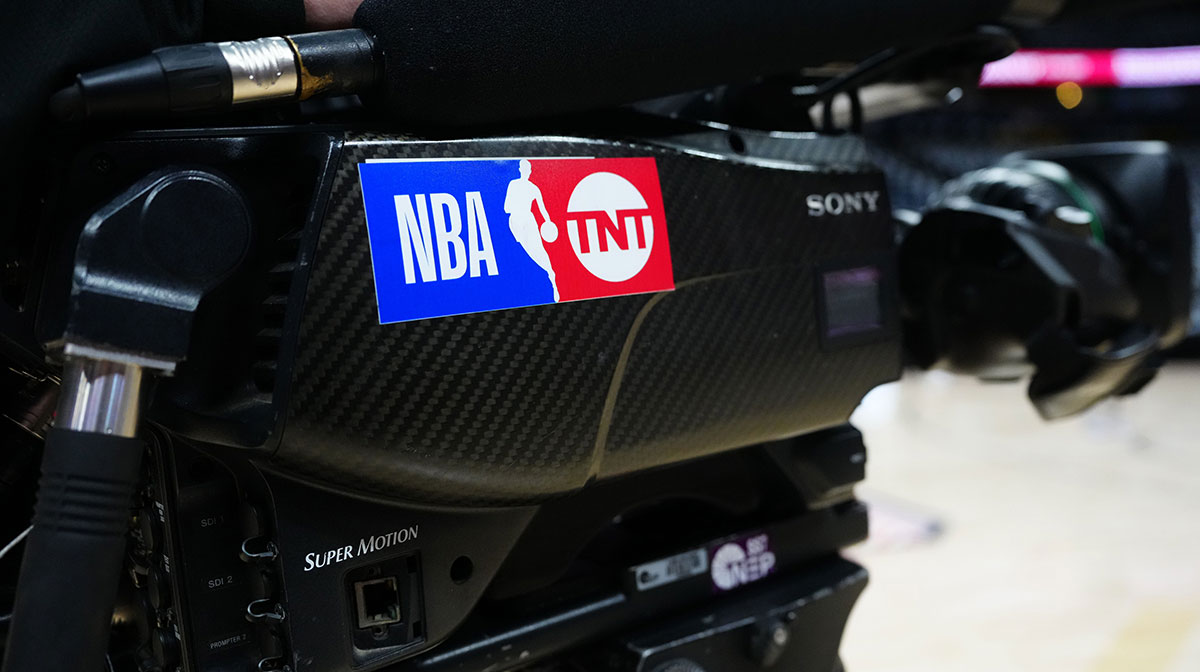New revelations have surfaced about the late Notorious B.I.G., suggesting that the iconic rapper was on the verge of leaving Diddy’s Bad Boy Records before his untimely death in 1997, Hypebeast reports. A recent exposé by Rolling Stone has corroborated long-standing rumors, with multiple sources confirming Biggie Smalls' intention to depart from the label amidst legal disputes over his music publishing rights.
Legal Battles and Tensions
According to the Rolling Stone piece, Diddy—whose real name is Sean Combs—was entangled in a legal struggle with Biggie’s lawyers regarding the publishing rights to the rapper’s music. Several insiders, including hip-hop photographer Monique Bunn, confirmed that Biggie was determined to leave Bad Boy Records. Bunn stated, “[Biggie] was absolutely about to leave Puff. I know for a fact [because] he told me that.” Another unnamed source added, “Everybody wanted to leave Puffy. Everybody leaves him.”
The legal friction between Combs and Biggie’s team escalated to a point where the rapper was reportedly ready to take drastic measures to regain control over his work. The book “The Big Payback” quotes Combs as saying, “I will never give it up until I’m dead and my bones are crushed into powder,” emphasizing the intensity of the dispute.
Aftermath and Controversies
When Biggie was tragically shot and killed in March 1997, Combs allegedly leveraged the situation to his advantage, capitalizing on the collective shock and grief. LaJoyce Brookshire, Arista and Bad Boy’s former publicity director who had been with Biggie the day before his death, was denied leave to mourn. Instead, Combs tasked her with ensuring that Biggie’s posthumous album, Life After Death, would top the charts upon its release.
Article Continues BelowIn the months following Biggie’s death, Bad Boy Records received an offer from Rolling Stone for a cover story. Kirk Burrowes, the label’s co-founder and then-president, suggested that the honor should go to the late rapper. However, Combs reportedly insisted, “No, he’s dead. I’m putting out [my debut album, No Way Out] in July. I need to be on the cover of Rolling Stone.” This decision placed Diddy on the cover of the magazine’s August 1997 issue, a move criticized even by Suge Knight, founder of Death Row Records and a known rival. Knight remarked on his Collect Call podcast, “When Pac left, I didn’t pick up a microphone. I picked up the pieces,” highlighting the perceived insensitivity of Combs’ actions.
Biggie's Potential Future Moves
Adding another layer to the narrative, Dame Dash revealed in a 2017 interview that Biggie was considering joining Roc-A-Fella Records before his death. This potential move would have marked a significant shift in the hip-hop landscape, aligning Biggie with another powerhouse in the industry.
The exposé by Rolling Stone not only sheds light on Biggie's professional struggles but also paints a picture of the broader tensions within the hip-hop community at the time. The revelations underscore the complexities and often contentious nature of the music industry, where personal and professional loyalties frequently clash.
As fans continue to celebrate the legacy of the Notorious B.I.G., these new insights provide a deeper understanding of the challenges he faced and the decisions he was contemplating at the height of his career. While his life and career were tragically cut short, the revelations about his intentions and struggles add to the enduring mystique of one of hip-hop’s most influential figures.
